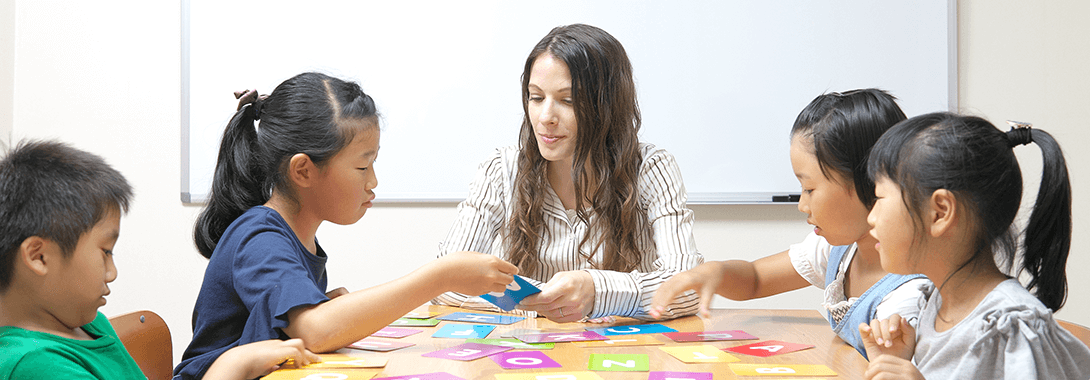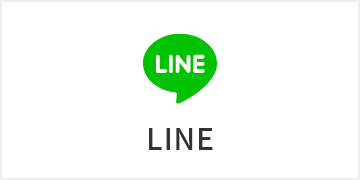Notice
News & Topics

A story about how parents' ability to envision the future influences their children's future.
Hello, this is Kaburaki, GLI representative. Once again this time,A story about how parents' ability to envision the future influences their children's future.I hope to be able to
Understanding Japan's Decline as Represented by Numbers
Times are changing dramatically. The KPI indicators that represent this arePopulation (very low birthrate), GDP, GDP per capita, salaries, and world stock market capitalization rankings."We encourage you to investigate with your children about
While the average salary in the U.S. has increased 1.7 times, that in Japan has not increased for almost 30 years. The social security contribution rate is 49.5%, which means that about half of the salary must be paid as social security.
The rate of price increase has been +20% in Japan from the beginning of 1990 to the present, while in the U.S. the increase has been a whopping 2501 TP3T. This is the reason why Japan is said to have become cheaper.
By the way, the hourly wage in Hawaii, where I'm going on a study tour this spring, is at least $20. 、、、、1 Working 8 hours a day, that's $160. That's about over 20,000 yen at the current rate. If you work 20 days a month, that comes to 400,000. The annual income of hairdressers and childcare workers is also much higher than in Japan.
What are your thoughts on this apparent decline in Japan?
We urge you and your spouse to consider the following questions.
(Q1) When your children become adults in 2035, will Japan be as prosperous as it was in the past?
Understand the impact of globalization and technologization
The number of annual births in 2021 was about 810,000, and 790,000 in 2022, showing a decrease 11 years earlier than expected. If the number of births continues to decline at this rate, by 2060, 1.2 people of working age will be supporting one elderly person.
That's what I thought,It is no longer likely that we can assume a lifetime in a Japanese company, only with Japanese people.
In fact, there is a labor shortage everywhere in Japan. Cases of bankruptcies are emerging in the nursing care, construction, agriculture, and service industries due to a lack of workers.
On the other hand, it is assumed that simple labor will be supplemented by AI and robots. Automatic driving is likely to become a reality sooner or later. The time will come when robots will be in charge of automatic delivery, automatic checkout at stores, and agriculture. In this way, labor that can really only be done by humans will be able to be consolidated to some extent.
(Q2) What do you think will become of human jobs when AI and robots take over simple tasks? Is the current work style of Japanese companies the kind of work that only humans can do?
Understand the differences between foreign-based education and Japanese education.
Last year, Harrow School opened its doors to five students from GLI.
This year Malvern Tokyo and Rugby School Kashiwa will open schools, both of which will advance from GLI. Next year, Showa Women's University Elementary School will open an international course, and in fact, Saku Chosei Elementary School in Nagano Prefecture will open two immersion schools at the same time (Saku-daira and Nagano City). We will be assisting in the creation of the curriculum for these schools as well as Showa.
What are the implications of these?
Without understanding what this means, Japanese actually cannot win in the international labor market.
In a word, it is the difference between deviation-value education in Japan vs. 21st century education in Europe and the United States. Deviation education is an education to get a score, while 21st century education is an education to develop qualities and abilities.
What is left after the score is obtained is the academic record (pass record). Qualities are the ability to solve problems and create 1 from 0.
In particular, education in the UK is an education for the whole person. Students learn equally in sports, the arts, academics, and extracurricular activities. The reason for this is that students are expected to be active on the world stage.
(Q3) Which of the following do you think will be needed in 2035 when children will be active in society (education)?
Understanding the meaning of metropolitan international acceptance and education
I was accepted to a metropolitan international high school from GLI this year.A child who did not take the junior high school entrance exam, went to a public junior high school, and was a perfectly normal elementary school student.
He did not go to a cram school in junior high school and had normal grades until about the second grade, but he woke up halfway through and started studying hard for school tests. He is now considering studying abroad through the Tobitate program.
Now, what is the point of entering a good middle school (in terms of deviation value)? What is the point of spending time, effort, and money from about the 4th grade onward for that? Will the school provide a good education?
So what is good education?
Is it to get you into a good university? Or is it to give you the ability and mindset to be active on the world stage with an eye on the world?
In the latter sense, I assure you that such a clause does not exist in Japan.
As usual, subject-based learning is the mainstream, and few schools offer the skills and mindsets required in society.
The reason for this lies in the Courses of Study. Japanese Ichijyo schools must adhere to the Courses of Study, and this is
It is preventing holistic education and inquiry-based learning like in the West.
The students who were accepted to the above Tokyo Metropolitan International School spent their time in 4th, 5th, and 6th grades, as well as 1st and 2nd grades, in a rather relaxed manner, spending their time doing what they liked.
I mentioned earlier that there are few Japanese one-judge schools that can offer true inquiry-based learning, but I would venture to say that Tokyo Metropolitan International is an inquiry-based school itself.
Students are actively involved in activities on and off campus. Therefore, I feel that many students are clear about what they want to do. Of course, English proficiency is high. That is why the percentage of students who are accepted to universities through the comprehensive selection process is high.
High school curriculum guidelines that have changed this year and their objectives
The Ministry of Education, Culture, Sports, Science and Technology has changed the curriculum guidelines over a three-year period starting in 2020. This year, the guidelines for high school are being changed, and the focus is rightly on the introduction of "inquiry-based" learning.
Inquiry learning is not about memorizing knowledge or practicing patterns for answers, but about delving deeply into the essence of the subject.
It is difficult to explain in words, so to explain the difference with a test question, the deviation education question is: What were the bombs dropped on Hiroshima and Nagasaki at the end of World War II? The question is "What were the bombs dropped on Hiroshima and Nagasaki at the end of World War II?
The test question for inquiry-based learning, on the other hand, asks students to justify the atomic bombings of Hiroshima and Nagasaki at the end of World War II.
You know the difference. Knowledge can be found by Googling. But AI does not answer the question of legitimacy.
Such problems are often referred to as unanswerable questions or problems that can only be answered by humans.
(Q4) What do you think is the significance of the introduction of inquiry-based learning into the curriculum guidelines?
What is education? A new understanding of what work and life are all about
For a long time, Japan has continued a unique type of education called deviation-value education. This deviation-value type of education has worked from the postwar period to the Heisei period in order for Japan to be on par with Europe and the United States. However, the Japanese people are still in the process of developing their own education system,Subject deviation type education loses its significance when AI represented by ChatGPT appears.
In addition, Japan is facing an extremely low birthrate. In such a society, the competition to get a higher score than someone else will no longer function. The role of schools will no longer be to select students for entrance examinations, but to nurture them after they enter school.
Yes, we can say that we are finally turning to the original function of education. To nurture, in other words, to increase the number of things one can do, and to make one ready to play an active role in society. Schools will be chosen based on the level of their ability.
Things that only human beings can do. As a symbol of this, people say that global skills and 21st century skills are important, but my 25 years as an educator have proven to me that the foundation of these skills is a sense of self-affirmation.
To learn is to create 1 from 0 or the problems of society.If that is the case, I think it is more important to understand how the world works and sow the seeds of interest than to score points.
The relationship between learning and society. The connection between oneself and the world. I think it is important to learn such things with a sense of reality outside the triangle zone of home, school, and cram school.
GLI Representative Kaburaki




